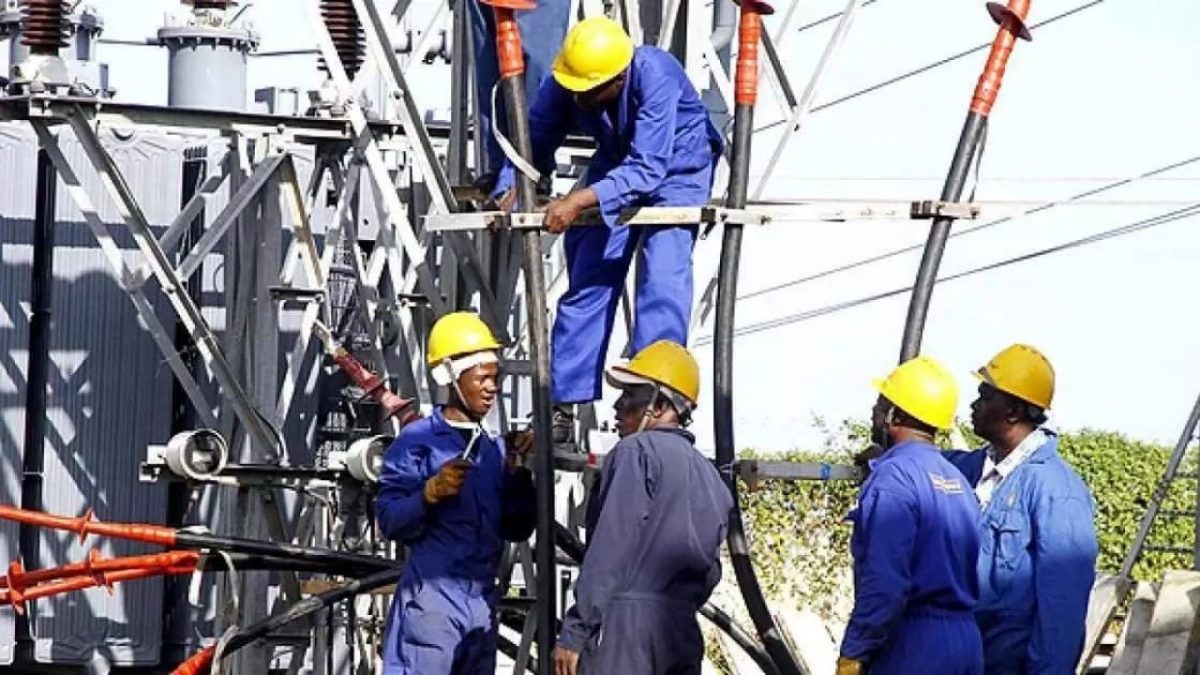Kenya Power dismisses claims of inflating electricity bills

Kenya Power has today, Tuesday, August 8, 2023, refuted claims that they inflate electricity bills.
In a statement, the utility firm watered down the allegations first reported by Business Daily and termed the report as misleading and non-factual.
The report by Business Daily indicated that the utility firm had inflated the cost of electricity by up to 20 per cent for power that was not used by consumers
“Almost 20% of the bill to consumers cannot be matched to actual consumption neither can the distribution company attribute it to a specific consumer,” Auditor General Nancy Gathungu, was quoted as saying so by Business Daily.
She also indicated that the utility company had caused arithmetic errors, outdated reports, faulty check meters and discrepancies due to a miscalculation of system losses.
“There was a lack of primary access to the key indices, which limited the ability of IPPs and KPLC to independently verify the authenticity of prices in the invoices where such indices were applied. The risk from lack of access to these key indices means KPLC is limited in its oversight role of ensuring the submitted invoices were correct,” Gathungu’s report added.
Kenya Power responds
But in a rejoinder today, the firm strongly denied the allegations and noted that all electricity bills were computed based on customer consumption of the difference between the current meter reading and the previous reading.
“The approved base tariffs, levies and taxes are then the consumption to compute the customer’s monthly bill,” Kenya Power added.
PRESS STATEMENT: Misleading article on the cost of electricity pic.twitter.com/SdJrUMhCFx
— The Kenya Power & Lighting Company Plc. (@KenyaPower) August 8, 2023
The utility also explained that they do monthly regulatory checks and verification to ensure that customers are charged based on the approved rates.
The company, while reiterating that it operates in a regulated environment guided by the Energy Act of 2019, also admitted that part of the system’s power losses was inevitable during transmission.
“Therefore, the regulator sets a threshold for the allowable system losses that is factored in the tariff. In the current financial year, the regulator has allowed system losses up to a maximum of 18.5%. ” the firm said.
“Kenya Power buys electricity through one hundred (100) delivery points from fifty-eight (58) power suppliers that include KenGen, PPs, REREC and imports and all these delivery points have been verified to have both metres (Check meters) as required in the respective Power Purchase Agreements,” the company added.









